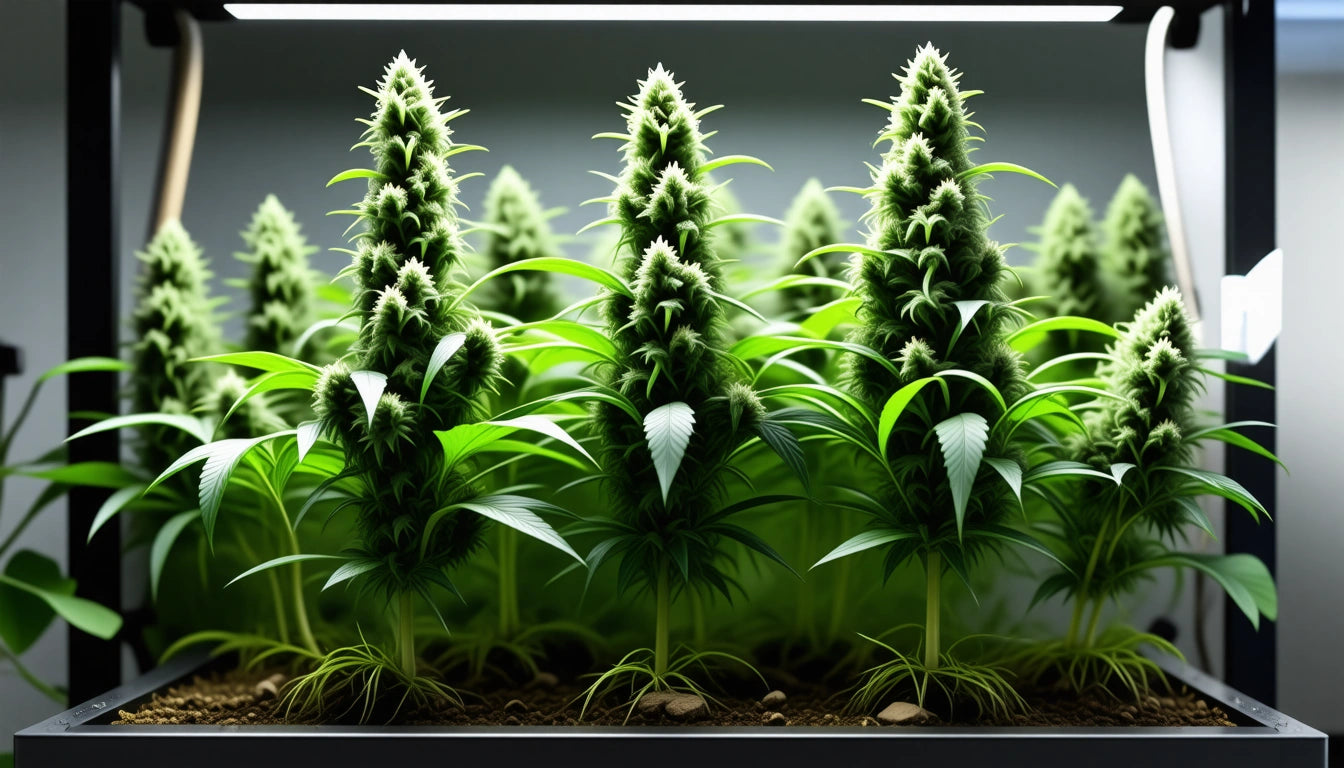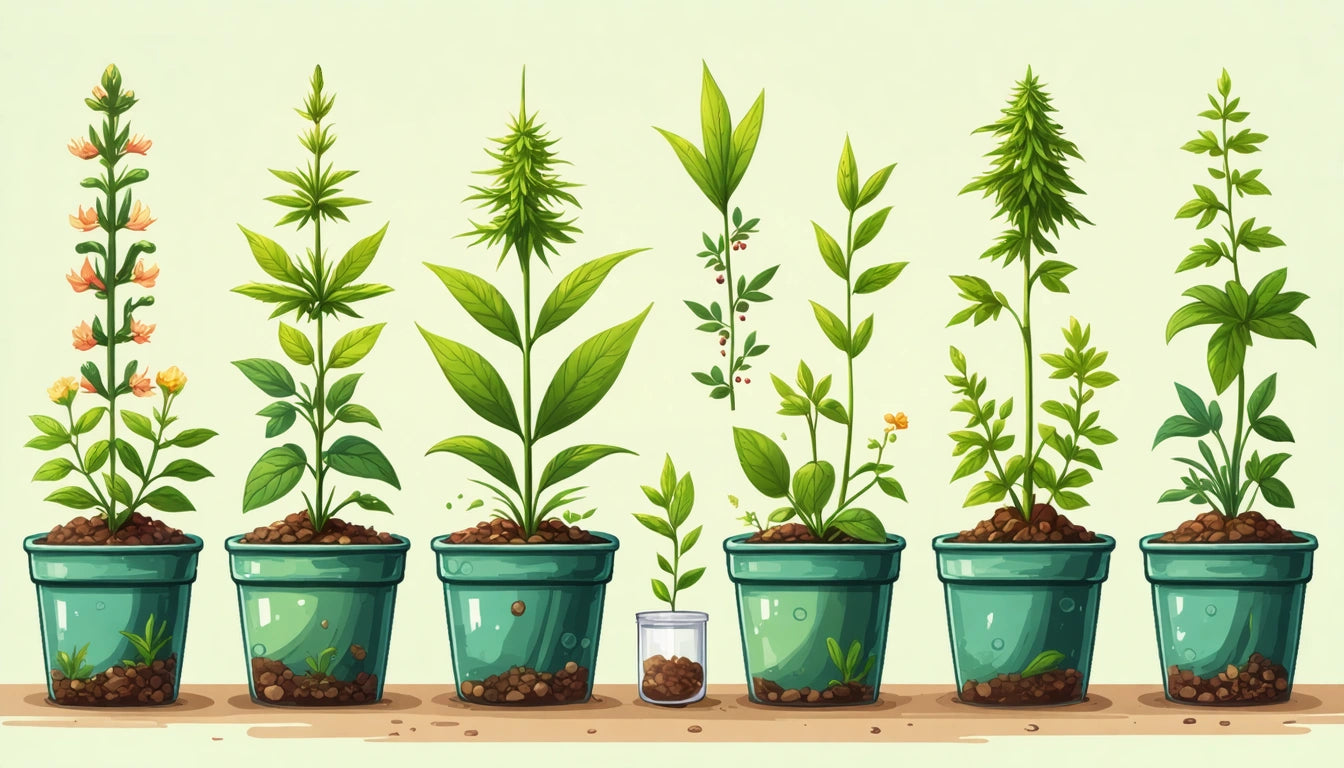Table of Contents
- Understanding the THC-Anxiety Relationship
- Current Research on THC for Mental Health
- Best THC Strains for Anxiety Management
- Can THC Help with Depression Symptoms?
- CBD vs THC for Anxiety: Finding the Right Balance
- Consumption Methods and Their Effects
- Potential Risks and Considerations
- Developing a Personalized Approach to THC for Mental Wellness
Exploring THC: Its Impact on Anxiety and Depression
The relationship between THC and mental health conditions like anxiety and depression is complex and often individualized. As cannabis becomes more widely accepted and available, many people are turning to it as a potential solution for managing these common mental health challenges. This article explores the current understanding of how THC may help or hinder those dealing with anxiety and depression.
Understanding the THC-Anxiety Relationship
THC (tetrahydrocannabinol) interacts with the body's endocannabinoid system, which plays a role in regulating mood, stress responses, and anxiety levels. According to research on THC's effects and benefits, this cannabinoid binds primarily to CB1 receptors in the brain, potentially influencing neurotransmitter release and neural activity in ways that can affect anxiety.
For some individuals, THC provides relief from anxiety symptoms by:
- Promoting relaxation and reducing physical tension
- Interrupting repetitive thought patterns
- Facilitating emotional processing
- Improving sleep quality, which indirectly supports mental health
However, the relationship between THC and anxiety isn't straightforward. Many factors influence whether THC helps with anxiety, including dosage, individual physiology, and the specific cannabis strain consumed.
Current Research on THC for Mental Health
Scientific studies on whether THC helps with anxiety and depression show mixed results. Some research indicates that low doses of THC may reduce anxiety, while higher doses might increase it. This biphasic effect makes finding the right balance crucial for those seeking relief.
Recent studies suggest that the terpene profile of cannabis products may be just as important as THC content when addressing anxiety. Terpenes like linalool and limonene have demonstrated anxiolytic (anxiety-reducing) properties that may work synergistically with cannabinoids.
When properly stored in high-quality packaging that preserves cannabinoid and terpene content, the therapeutic potential of cannabis for anxiety management can be maintained over longer periods, ensuring consistent effects.
Best THC Strains for Anxiety Management
Indica-Dominant Options
When considering the best THC for anxiety, many users report that indica-dominant strains provide more reliable relief. These varieties typically contain:
- Moderate THC levels (15-20%)
- Higher concentrations of relaxing terpenes like myrcene
- CBD content that may help balance THC's effects
Popular indica-leaning strains often recommended for anxiety include Granddaddy Purple, Northern Lights, and Bubba Kush. These strains tend to produce body-centered effects that can help with physical manifestations of anxiety.
Balanced Hybrids
For daytime anxiety management, balanced hybrid strains may offer the best THC strain for anxiety without excessive sedation. Options like Harlequin and ACDC, which contain significant amounts of both THC and CBD, often provide anxiety relief with minimal cognitive impairment.
Can THC Help with Depression Symptoms?
The question of whether THC helps with depression is similarly nuanced. Some research suggests that THC's mood-elevating properties may temporarily alleviate depressive symptoms by:
- Increasing dopamine release
- Enhancing sensory experiences and pleasure
- Reducing negative thought patterns
- Improving social connection and reducing isolation
However, there are important caveats to consider. While THC might provide short-term mood enhancement, regular heavy use has been associated with potential worsening of depression in some individuals. This paradoxical effect highlights the importance of mindful consumption.
CBD vs THC for Anxiety: Finding the Right Balance
When comparing CBD or THC for anxiety, research increasingly points to the benefits of combined approaches. The interaction between CBD and THC appears to be synergistic, with CBD potentially mitigating some of THC's anxiety-inducing effects.
Products with balanced ratios (1:1 or 2:1 CBD:THC) often provide anxiety relief with reduced risk of paranoia or racing thoughts. For those particularly sensitive to THC's effects, starting with higher CBD ratios and gradually adjusting may be the optimal approach.
Consumption Methods and Their Effects
How THC is consumed significantly impacts its effects on anxiety and depression. Different methods include:
- Inhalation (smoking/vaping): Provides rapid onset but shorter duration, allowing for more precise dosing
- Edibles: Offer longer-lasting effects but delayed onset, making dose adjustment more challenging
- Tinctures: Provide a middle ground with moderately fast onset and good dose control
- Topicals: Generally don't produce psychoactive effects but may help with physical tension
For anxiety management, methods allowing precise dose control often work best, as they help users find their personal therapeutic window without overshooting into anxiety-inducing territory.
Potential Risks and Considerations
While exploring whether THC helps with anxiety or depression, it's essential to acknowledge potential risks:
- THC can cause anxiety or panic in some individuals, especially at higher doses
- Regular heavy use may lead to tolerance, requiring higher doses for the same effect
- Some research suggests that THC can cause depression with long-term, heavy use
- THC may interact with certain medications, including some antidepressants and anxiolytics
Individuals with a personal or family history of psychosis, schizophrenia, or bipolar disorder should exercise particular caution with THC use, as it may exacerbate these conditions.
Developing a Personalized Approach to THC for Mental Wellness
Given the highly individualized nature of THC's effects on anxiety and depression, developing a personalized approach is crucial. This might include:
- Starting with very low doses and gradually titrating up
- Keeping a journal to track effects of different strains and dosages
- Considering complementary approaches like therapy, exercise, and meditation
- Consulting with healthcare providers knowledgeable about cannabis
The growing body of research on cannabinoids and mental health suggests that while THC isn't a panacea, it may be a valuable tool in a comprehensive approach to managing anxiety and depression for some individuals. As our understanding evolves and regulatory frameworks mature, more targeted applications of THC for mental health conditions are likely to emerge.











Leave a comment
All comments are moderated before being published.
This site is protected by hCaptcha and the hCaptcha Privacy Policy and Terms of Service apply.